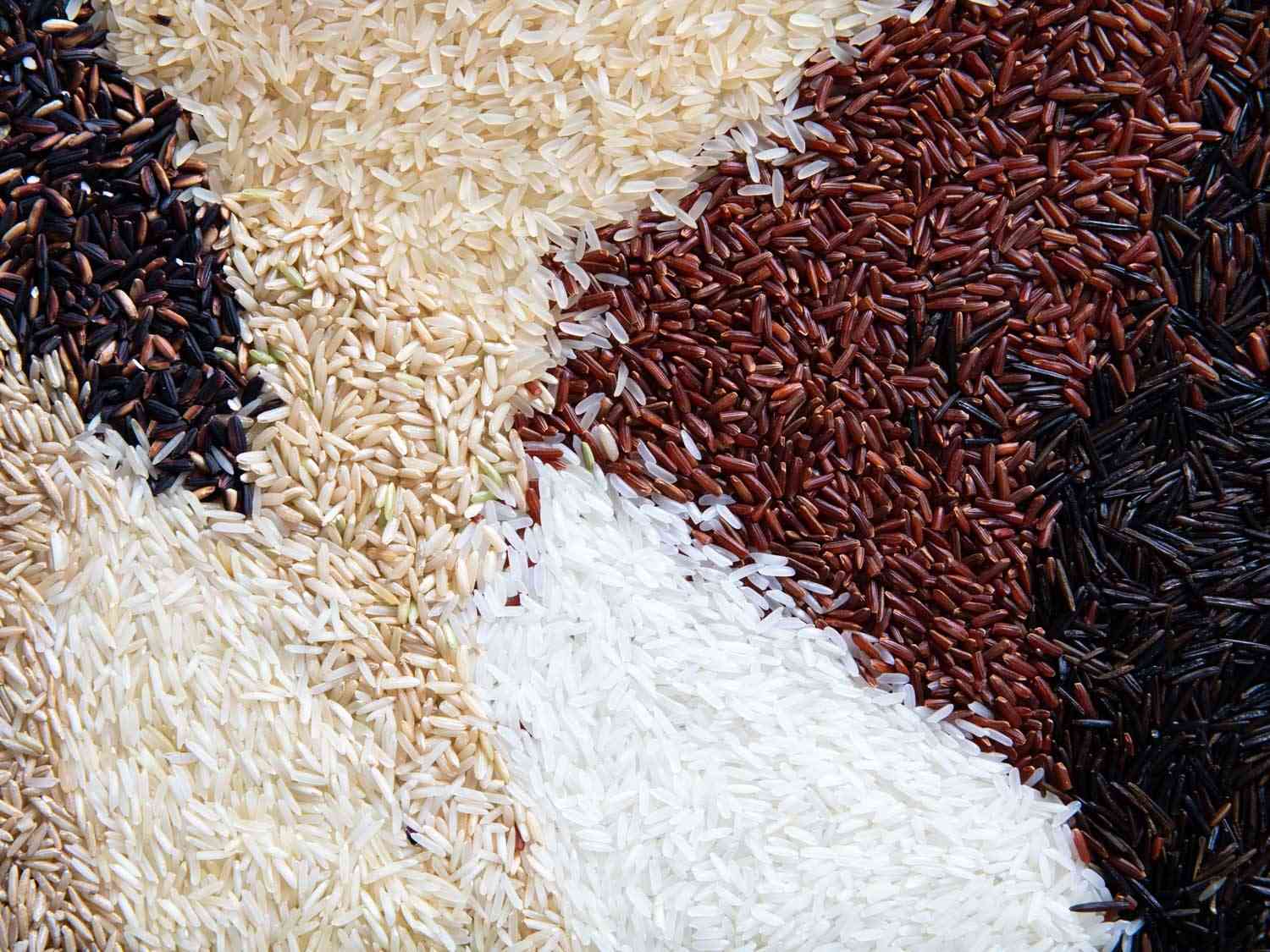We celebrate the world food day on 16th October each year. The day promotes a worldwide awareness about hunger, malnutrition, sustainability, and food production issues since 1979. Besides, it rallies a collective action to ensure there is an equal access of healthy diets for all.
According to the United Nation’s Food and Agriculture Organization (FAO), this year’s theme is to celebrate food heroes or individuals like you who contribute to building a sustainable world where no one goes hungry. For all of us to be food heroes we must reduce our food waste to help in following strategic goals.
- ☕️fight food insecurity
- 🌎protect precious resources
- 👣reduce our carbon footprint
- 💰save money & energy
- 🦸consume more consciously
In this opinion piece from Agcenture, a food and agriculture consulting firm in Kenya, we focus on how you can impact on your global and local food global agri-food system. It’s our opinion to focus on four key points.
Why is the world food day important?
The following are quick facts about the global agri and food systems. They justify why it’s imperative to appreciate the world food day as individuals and organizations.
- The food global sector employs over 1 billion people directly and indirectly, more than any other economic sector.
- An estimated 2 million people are obese or overweight from poor diet choices
- Food production and distribution activities emit 33% of global greenhouse gases
- 14% of harvested food goes to waste during storage, handling, and transit.
- Food consumers are responsible for 17% of food wastes.
- 40% of worlds population cannot afford a healthy meal.
What can you do to help world food security?
The above facts present opportunities for you to enhance the food security. It will help to get more food yields and farmer’s income. Besides it will enhance its utilization reducing food wastes. The overall effects will be global food security and public health.
Having this background, we feel the following four interventions are a priority for all partners against hunger.
- Home grown school feeding programs
- Vegetable farming for kids
- urban farming
- Invest in value addition and waste management
We discuss each of them briefly.
Home grown school feeding programs
Do you know 73 million of primary school aged children are in need of meals? starvation affects their concentration in studies, health, and ability to learn.
As an Individual or an organizations like the Lisha project in Kenya, you can offer fully paid, free and or subsidized food and snacks. You can become a food hero by donating resources to the program. Another method is adopting a child to sponsor his or her nutritious meals at $ 0.5 each day.
As a producer or food trader you can supply food materials like grains and cereals for profits.
Vegetable farming for kids
Vegetable gardens for kids can help urban families to get more foods and incomes. It is easy to start and manage and has many benefits, they include, improving your kid’s physical health and immunity, motivating your child from managing successful projects and teach your child many lessons about food and agriculture like planting, watering and weeding.
Do you want to start a kitchen garden for your child? The following process proposes how you can start and manage one this summer.
Urban farming
You need to become a locavore. It means you will shift to growing your food or buy most supplies from local farmers. You will save money, enjoy fresh and quality vegetables as you boost local investments and job creation in your area. Besides, it’s a chance to reduce food waste and the emission of GHGs.
To become a locavore, you can either start a home garden to grow only what you will eat to reduce on post-harvest food wastage. Second, Limit buying of the imported, cooked, and processed products. Finally, cook more at home to limit the times you dine out.
Value addition and waste management
One key reason of food waste in developing country is low investment in right infrastructure. As a food trader or farmer, you can offer invest in some of them to tap into this area., other means are to offer cold storage, or value addition services like milk processing. Other ideas are growing food near markets through urban farming. Finally, recycle as much as possible and reuse old water and foods at home. Try composting and put nutrients back into the soil. You can also start your own green patch of fruits, vegetables, or herbs.



